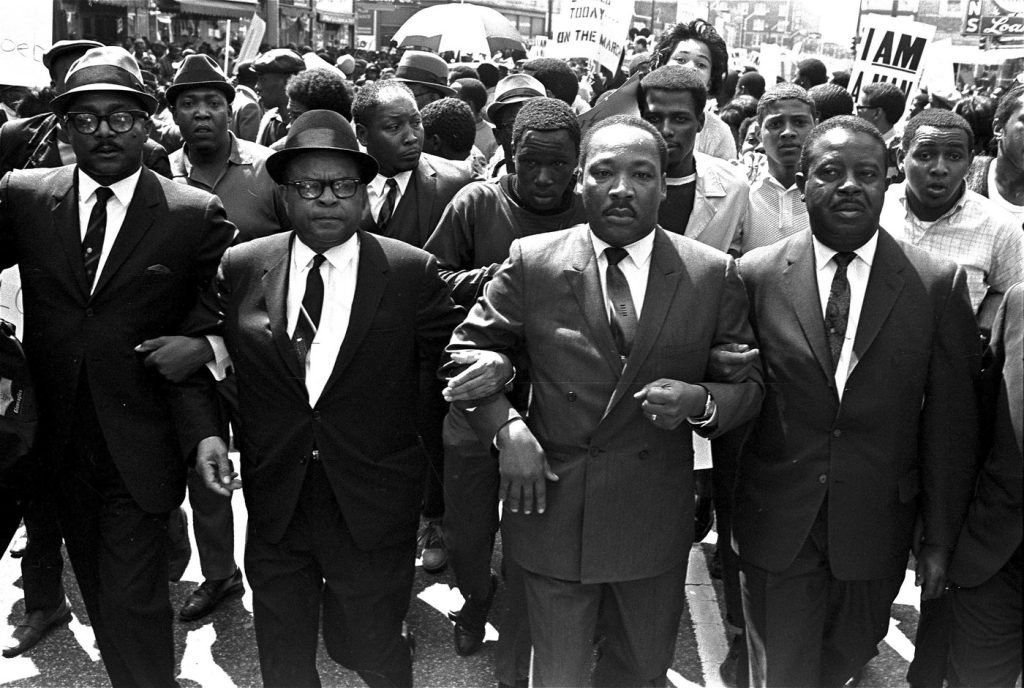The Trump administration released a significant cache of FBI surveillance records concerning Martin Luther King Jr. on a recent Monday, despite strong opposition from King's family and the civil rights organization he led, the Southern Christian Leadership Conference (SCLC). This digital document release comprises over 240,000 pages of records that had been sealed since 1977, following the FBI's initial collection of the documents and their subsequent transfer to the National Archives and Records Administration.
In a detailed statement, Martin Luther King III, 67, and Bernice King, 62, expressed their long-standing personal grief over their father's assassination in 1968, emphasizing that the topic of his death has captivated public interest for decades. They urged that the released files be considered within their full historical context, highlighting their family's efforts to review the documents despite public access being granted. The released documents include leads the FBI received after King's murder and insights into the CIA’s interest in King's dedication to international anti-war and anti-poverty movements before his death.
The King siblings made it clear that their father's assassination is not just a historical inquiry but a deeply personal loss that has affected their family for more than 57 years. They requested empathy and respect from those engaging with the files, acknowledging their ongoing grief. Additionally, they reiterated their family's position regarding James Earl Ray, the man convicted of their father's murder, asserting that he was not solely responsible for the assassination.
Bernice King was merely five years old when her father was killed, while Martin III was ten. Tulsi Gabbard, Director of National Intelligence, referred to the disclosure as 'unprecedented,' noting that many records have been digitized for public viewing for the first time. Gabbard also praised President Trump for advancing the issue of transparency through this release.
During his presidential campaign, Trump had vowed to release files relating to John F. Kennedy's assassination. Soon after taking office, he signed an executive order mandating the declassification of records concerning JFK, Robert F. Kennedy, and Martin Luther King Jr. The government had already released JFK records and some from RFK prior to the King files disclosure.
The announcement received mixed reactions; while some praised it as a form of transparency, others viewed it as a distraction from the controversies surrounding Trump's administration, particularly regarding his handling of records related to the sex trafficking investigation of Jeffrey Epstein. Bernice King, while acknowledging the release, shared a photo of her father on Instagram with a caption urging for the release of Epstein-related files.
Prominent civil rights leaders, including Rev. Al Sharpton, criticized the timing of the release, claiming it was a tactical move to divert attention from Trump's faltering credibility amidst other pressing political issues. The King Center, which continues the legacy of Martin Luther King Jr. and is currently led by Bernice King, expressed disappointment regarding the timing of the release, labeling it a distraction from urgent social and global injustices that resonate with King's mission for true peace.
The FBI's surveillance of King has long been denounced as an invasive strategy aimed at discrediting the civil rights leader and his movement. The records, first intended to remain sealed until 2027, were released following a request by Justice Department attorneys to a federal judge to unseal them earlier. Scholars and journalists are now preparing to scrutinize the documents for fresh insights into King's assassination on April 4, 1968, in Memphis, Tennessee.
King was advocating for striking sanitation workers at the time of his murder, emphasizing his focus on economic justice. Although James Earl Ray pled guilty to the killing, he later recanted his plea and maintained his innocence until his death in 1998. Members of the King family have consistently questioned the narrative of Ray acting alone, with Coretta Scott King even requesting a new investigation into her husband's assassination. A civil trial in 1999, instigated by the family, concluded that King was indeed the target of a conspiracy.
As the King siblings assess the newly released files, they remain cautious about whether these documents will provide further clarity beyond the prevailing conclusions their family has historically accepted.












